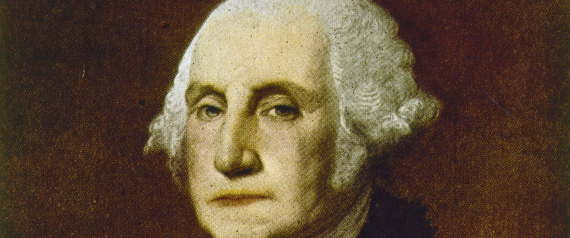
Of all American pastimes, perhaps the most popular is musing about what the Founding Fathers would have thought about this or that issue. But on one issue in particular, there's no guesswork necessary: the Founding Fathers spoke and wrote volumes about what it means to lead a successful life.
And although a lot of things have changed since they were around, the Founding Fathers' advice has aged remarkably well, and continues to inform our idea of what it means to live a good life.
Here's what eight of the Founding Fathers have said about what success really means.
George Washington
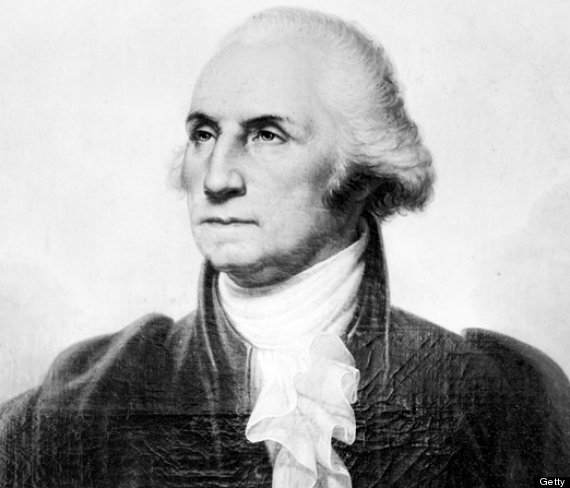
The first US president, George Washington, believed that a good life had to be an ethical one. "Happiness and moral duty are inseparably connected," he once asserted.
Washington frequently spoke about the importance of putting all of one's focus on following a higher purpose. “Make sure you are doing what God wants you to do--then do it with all your strength," Washington said.
John Adams
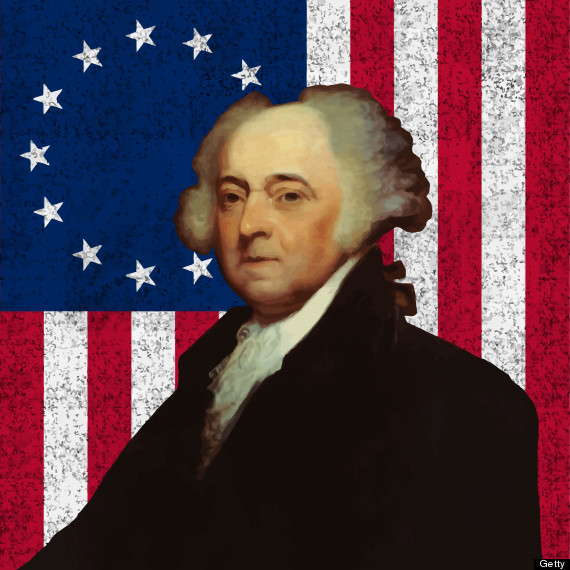
For John Adams, the ethical life was the successful life: “To be good, and to do good, is all we have to do," he said. Adams also explained that his years of living taught him that success is more about simple, everyday acts of kindness and faith than money or big accomplishments.
“The longer I live, the more I read, the more patiently I think, and the more anxiously I inquire, the less I seem to know," Adams said. "Do justly. Love mercy. Walk humbly [with your God]. This is enough.”
Thomas Jefferson
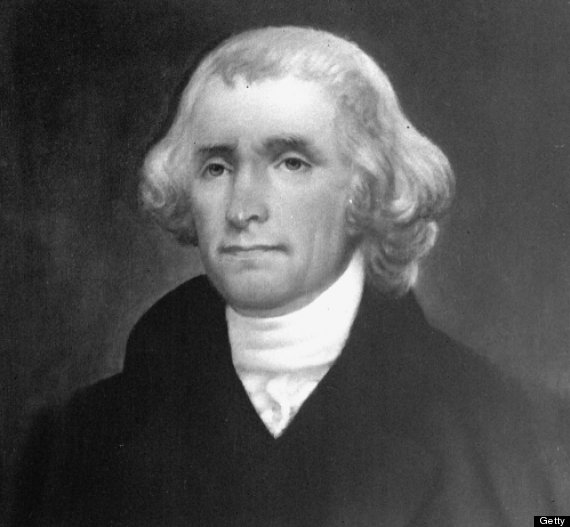
According to Thomas Jefferson, the secret to success is all in your head.
"Nothing can stop the man with the right mental attitude from achieving his goal," said Jefferson. "Nothing on earth can help the man with the wrong mental attitude."
Benjamin Franklin
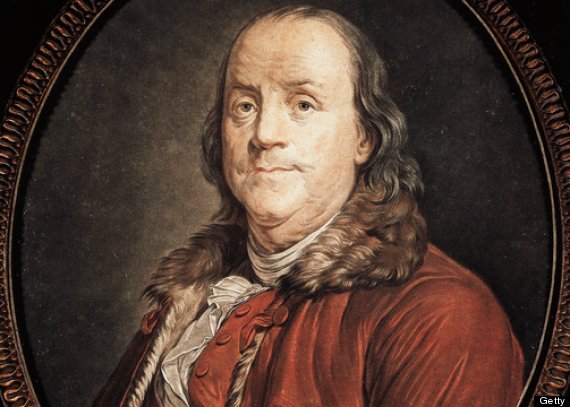
Benjamin Franklin, who was part of the original Committee of Five who drafted the Declaration of Independence, has come to be remembered as an early guru of productivity and self-improvement. In The Autobiography of Benjamin Franklin, he wrote of the importance of virtues like patience, moderation and humility.
“He that can have patience can have what he will," said Franklin.
James Madison
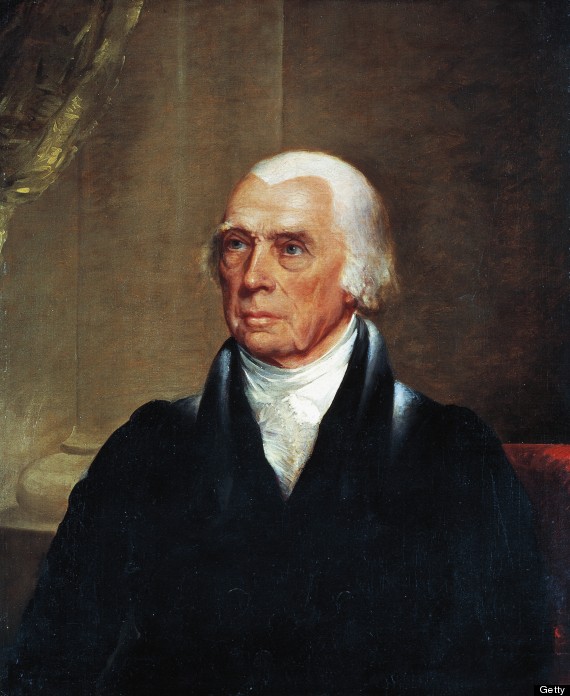
James Madison is considered to be the "Father of the Constitution." For Madison, there could be no success in governments, communities and families without trust.
“The circulation of confidence is better than the circulation of money," said Madison.
James Monroe
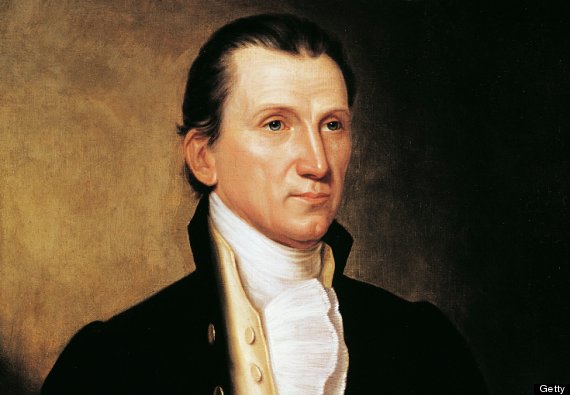
James Monroe spoke of honor as the highest value and determinant of success, both for the individual and for the country.
"National honor is the national property of the highest value," Monroe said.
Samuel Adams
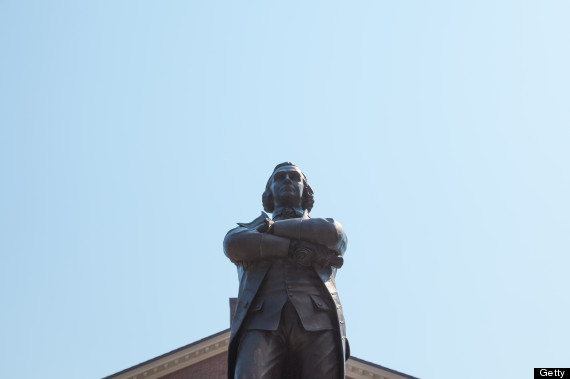
Revolutionary Samuel Adams not only helped organize the Boston Tea Party and founded the Sons of Liberty, but he also helped write the Articles of Confederation and the Massachusetts Constitution before becoming governor of Massachusetts. Adams valued freedom above all else.
“If ye love wealth better than liberty, the tranquility of servitude better than the animating contest of freedom, go home from us in peace," Adams said. "We ask not your counsels or arms. Crouch down and lick the hands which feed you. May your chains set lightly upon you, and may posterity forget that ye were our countrymen.”
George Mason
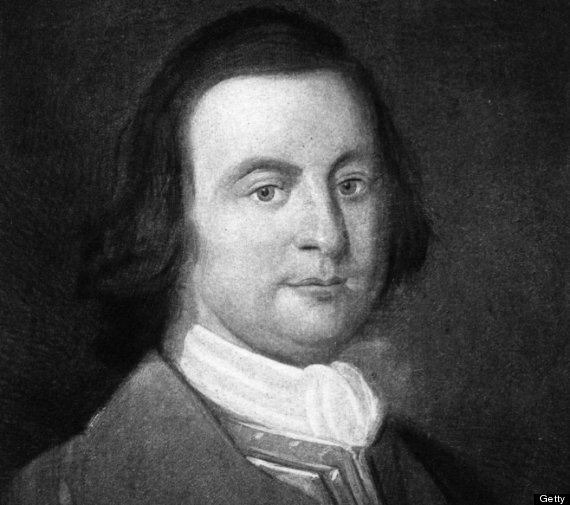
American patriot and Virginia delegate George Mason, sometimes called the "Father of the United States Bill of Rights," advised keeping failure and negative life events in perspective.
"A few years' experience will convince us that those things which at the time they happened we regarded as our greatest misfortunes have proved our greatest blessings," said Mason.
Also on HuffPost:
References
- ^ Send us a tip (www.huffingtonpost.com)
- ^ Send us a photo or video (www.huffingtonpost.com)
- ^ Suggest a correction (www.huffingtonpost.com)

0 comments:
Post a Comment
Click to see the code!
To insert emoticon you must added at least one space before the code.